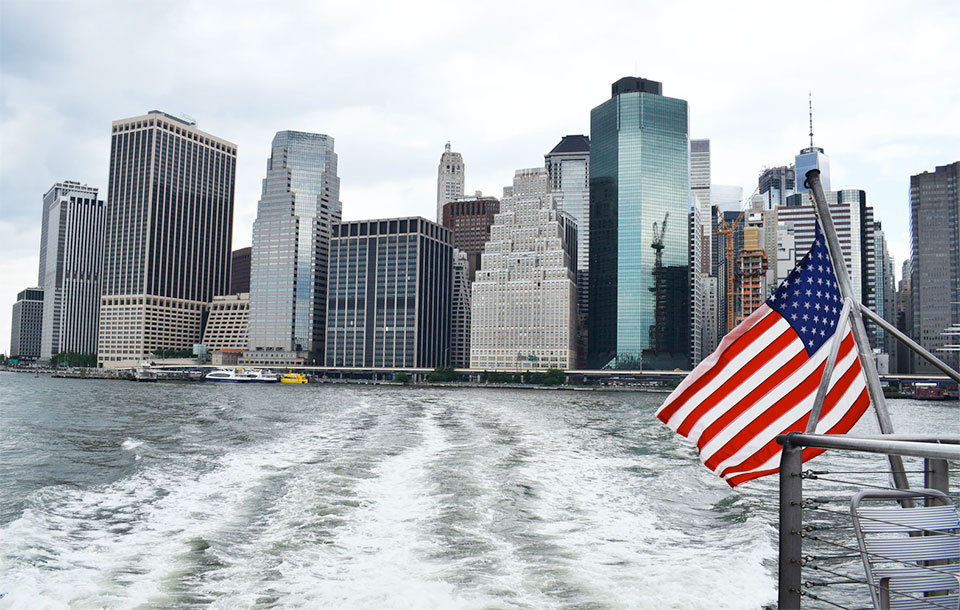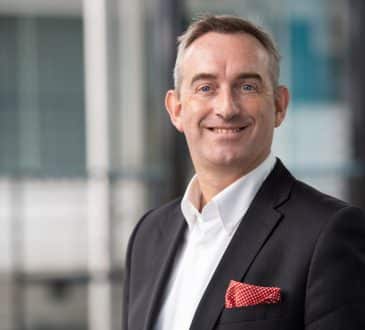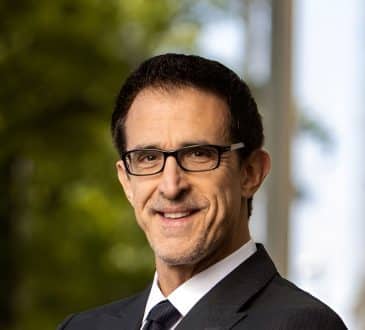Why CEOs and Billionaires should watch out for a popular backlash

Contrary to some opinions, the pandemic is not a great equalizer. As we seek to return to our new “normal” lives, the differences have not faded, they have only taken a new form. Inequality is still a problem, and many millions of people across the globe will fall under the poverty threshold, given the lack of jobs and opportunities. The conditions are ripe for a backlash against the rich and powerful, against the CEOs and billionaires of the world.
Bill Gates has received a lot of praise for his involvement in the handling of the pandemic and for the willingness to use his vast fortune to fund research and mitigation actions. But not even the founder of Microsoft has been spared from becoming a target during this pandemic-turned-infodemic: he is now a central element in conspiracy theories and the target for anti-vaxxers. In fact, he is the George Soros of the pandemic.
What this tells us that there is a lot of dormant resentment against the superrich, and the potential for it to become the median response of the society should not be ignored. Even in rich cities such as NY, there was a certain backlash as regards billionaire linked organizations helping up with the City’s future education and technology plans: Andrew Cuomo’s enlisting of former Google CEO Eric Schmidt and Bill Gates to “reimagine” how the state’s approach might change during and after the pandemic received criticism.
This dormant resentment explains in part why we see such strong reactions to the decisions and missteps of CEOs, billionaires, and multinational companies. I will just provide a few examples. Think about the outrage in France against Sanofi’s initial announcement that the US will likely be first in line to get the Covid-19 vaccine.
A few days ago, the media was reporting that, while thousands of employees were laid off, Hertz paid its executives $16 million in bonuses ahead of its bankruptcy filing. Add to these crises more general trends: for instance, consider how Bezos and Amazon have been heavily criticized for the way they treat their employees (i.e. pay, job security, and unionization), while emerging as one of the winners of the pandemic.
The Chinese billionaires (e.g. Jack Ma) are perceived as part of China’s global power play and their advice and actions will be met with raised eyebrows just because of this association. Across the world, if you are rich your good faith in helping others out in a crisis is not presumed: “for sure there is a catch” or hidden interest, some say.
Despite various initiatives and attempts to democratize the field and give more say to those on the ground, even the philanthropic world is approaching a moment of reckoning. More and more people see philanthropies as unaccountable endeavors, advancing their own (narrow) agendas while depriving the state of billions and billions of dollars that could easily be invested into education, healthcare, or better infrastructure.
It is worth mentioning what the OECD is doing for years: they attempt to put an end to multinational companies’ “tax evasion” and fiscal optimization tactics. While fiscal optimization sounds better than the framing “tax evasion”, this says a lot about global concerns. South Korea is one of the best case studies for its political determination to address head-on the problem. It is no wonder that the CEOs and billionaires are portrayed more like tax dodgers rather than job creators.
All these are major threats for this rarefied world, and the truth is the world needs committed billionaires, not ones on the defensive as part of new global class warfare. And while some practices have to change, I, following in the footsteps of others, believe that billionaires should be scrutinized, not demonized.
However, these challenges are real, and it will not take long before political entrepreneurs will make them mainstream political punchlines. It’s so easy to be a populist in crisis and find rich scapegoats. After all, given the beating they have taken during this crisis, the populists have to start their comeback from somewhere, and this looks like a promising angle. It will not be the traditional class warfare and those who salivate thinking about revolutions will be disappointed, but the things do not look great for the rich and powerful.
There is one way out of the predicament, but it will not be easy, and it is far from being a silver bullet. It involves searching for frames better aligned with our times and finding strategic narratives that will make us vs. them distinction less prominent.
Some sacrifices will have to be made, either in terms of tax increases, relinquishing power, and room of maneuver, as this is more than a matter to be handled by skilled PR departments. The super-rich have to find a way to genuinely demonstrate that they are part of necessary changes and transformations and not at the core of the problems preventing the rest of us to live better lives. As a famous book claimed in the context of the previous crisis: This Time is Really Different.
Written by Radu Magdin. Here’s what you’ve missed?
World’s Most Powerful People.
The World’s Richest Tech billionaires.
World’s Top 100 Most Successful Unicorns.
The views expressed in this article are those of the author alone and not the CEOWORLD magazine.
Bring the best of the CEOWORLD magazine's global journalism to audiences in the United States and around the world. - Add CEOWORLD magazine to your Google News feed.
Follow CEOWORLD magazine headlines on: Google News, LinkedIn, Twitter, and Facebook.
Copyright 2025 The CEOWORLD magazine. All rights reserved. This material (and any extract from it) must not be copied, redistributed or placed on any website, without CEOWORLD magazine' prior written consent. For media queries, please contact: info@ceoworld.biz








